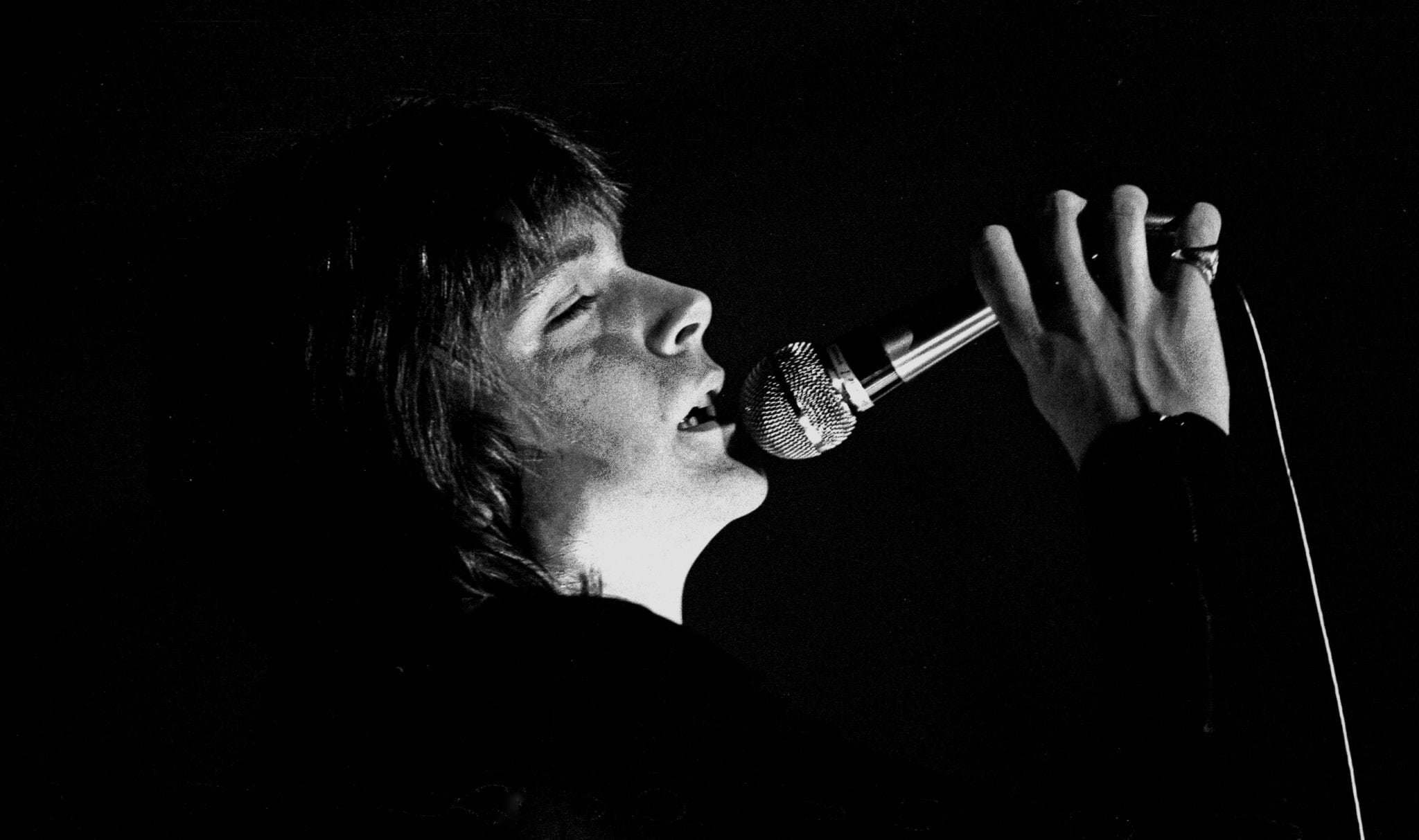You never forget your first celebrity crush.
And if your first such crush was TV star and pop idol (and Tiger Beat cover regular) David Cassidy, his announcement that he has been diagnosed with dementia probably took you by surprise. But at age 66, Cassidy’s struggle to recall song lyrics he’d known for decades was a telltale sign that something was amiss.
What is dementia, anyway?
“Dementia really is a classification of symptoms,” said Patty O’Brian, dementia specialist with the Hartford HealthCare Center for Healthy Aging. “There are lots of different types of dementia. It is an umbrella term.”
Under that umbrella come many types of dementia, including:
- Alzheimer’s disease is the most common, progresses slowly; and gradually destroys memory, reason, judgment, language, and eventually the ability to carry out even simple tasks.
- Vascular dementia happens when part of the brain doesn’t get enough blood carrying the oxygen and nutrients it needs
- Acquired brain injury happens when there is some type of injury or lack of oxygen to the brain
- Fronto-temporal dementia affects planning and judgment; emotions, speaking and understanding speech; and certain types of movement
- Dementia with Lewy Body leads to a decline in thinking, reasoning and motor skills
Age is the No. 1 risk factor in developing a dementia. Statistically, a 65-year-old person has a 1 in 9 chance of developing some sort of dementia. By the time a person reaches 85, the chances are one-in-three.
If you are concerned that an older loved on may be experiencing dementia, O’Brian often asks a simple question of family members.
“What’s the change in your loved one?” she said. “Take David Cassidy, who has been singing the same songs for the last 30 years and suddenly can’t remember the lyrics? That’s a huge change in him.”
Other changes and signs:
- Memory loss
- Changes in how people talk
- Changes in how people act
- Trouble completing day to day activities
- Difficulty learning new skills
O’Brian suggests that anyone experiencing such symptoms, or recognizing them in a loved one, make certain a full medical work up is performed on the individual in question. This helps rule out conditions that are look similar to dementia but are treatable, such as vitamin deficiencies or thyroid issues.
If the diagnosis is a dementia, there is, unfortunately, no cure at this time. But there are treatments available to help manage symptoms.
Learn more about dementia in the Dementia Caregiver Resources Guide from the Hartford HealthCare Center for Healthy Aging. If you have additional questions or need more information, call the Center for Healthy Aging at 1.877.424.4641.


